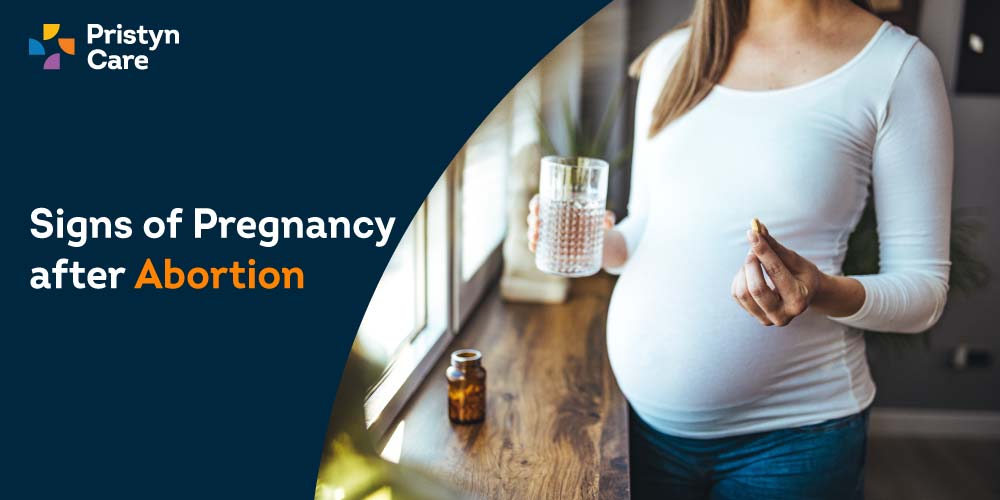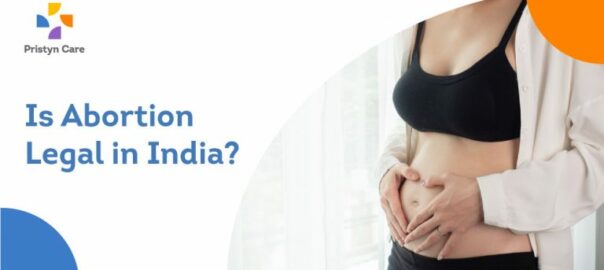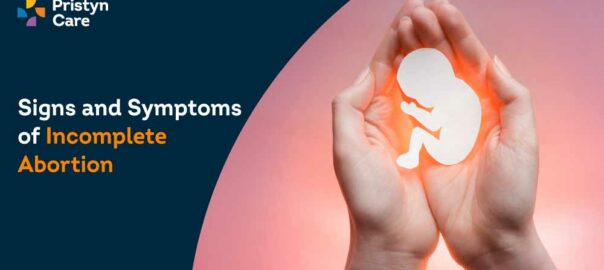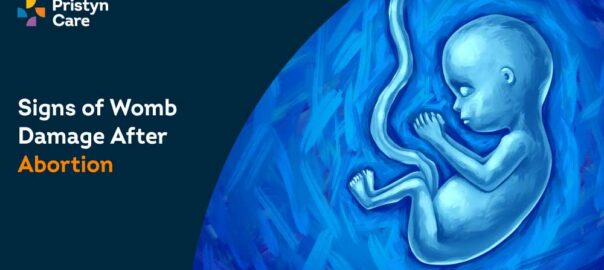![]() Views: 39,052
Views: 39,052
How Soon After an Abortion Can You Get Pregnant
It's normal to wonder when you can start trying to get pregnant again after having an abortion. Some women may want to try to get pregnant again soon after the abortion, despite the need to take the necessary time to physically and emotionally recover. How soon one can become pregnant following an abortion depends on a number of factors, including the type of abortion, the individual's health and fertility, and the u...
se of contraception. Read moreIn addition to outlining the required precautions to guarantee a healthy and successful pregnancy, this blog seeks to provide comprehensive information on the timing for getting pregnant after an abortion.
Dedicated Support at Every Step!
Our Doctors are available 24 hours a day, 7 days a week to help you!
Table of Contents
Getting Pregnant After Abortion
As soon as two weeks following an abortion, ovulation can happen. This implies that a woman might conceive before her next menstruation. But as menstrual periods differ in duration, those who have shorter cycles might ovulate earlier.
The length of the pregnancy prior to the abortion is a significant factor that affects the time of ovulation. If an abortion occurs later in the pregnancy, it's possible that the woman won't ovulate for a few weeks. When pregnancy hormones remain in the body, this may happen.
After having an abortion, a person may want to utilize contraception to prevent getting pregnant. The ACOG states that after a pregnancy has ended, a person is free to use any form of contraception, including an intrauterine device.
A pregnancy test should be taken by anyone unsure whether they will become pregnant soon after having an abortion. A doctor can establish whether there is a new pregnancy or whether pregnancy hormones are still present if the test is positive; therefore, they should visit one.
No Cost EMI, Hassle-free Insurance Approval
Fertility After an Abortion
According to ACOG, having an abortion usually doesn’t affect your ability to get pregnant in the future. Generally, a doctor suggests using some type of birth control immediately after an abortion, as there is a possibility that a woman can get pregnant again when she starts ovulating.
There is a small risk to your fertility if an abortion leads to a womb infection. A womb infection is possible, but it's extremely rare. The chances of womb infection are usually high after surgical abortion. If you get a womb infection, it is extremely important to seek treatment help timely. But if it's not treated on time, it can lead to pelvic inflammatory disease (PID). PID is an infection of the female upper genital tract, including the womb, fallopian tubes, and ovaries. PID can occasionally cause your fallopian tubes to scar and constrict, making it challenging for eggs to pass through and enter the womb.
This increases your risk of developing infertility or experiencing complications like; ectopic pregnancy. You should see a doctor immediately if you experience symptoms like fever, foul-smelling vaginal discharge, or severe abdominal pain because they could all indicate a womb infection. However, even if you have a pelvic inflammatory illness, it is unlikely to impact your fertility. Only one in ten PID patients have infertility, and it most frequently affects those who are put off seeking treatment or have experienced multiple PID episodes.
Symptoms After an Abortion
It's common to experience bleeding, cramping and other symptoms after an abortion. These symptoms are usually a sign of successful abortion. Some common symptoms women usually experience after abortion are as follows:
- Bleeding and spotting: Most people experience bleeding off and on for a while. In medical abortion, the heaviest bleeding occurs on the day misoprostol is used, but it is not unusual to see bleeding off and on for the next several weeks. It is also normal to bleed very little the day after the actual abortion. Doctors usually suggest using a pad when bleeding is heavy, just to track bleeding. If your bleeding becomes heavy enough to soak through two pads in less than an hour or more, or if blood clots are bigger than a lemon, contact your healthcare provider.
- Cramping and pain: Cramping is common after an abortion. It often decreases with bleeding but can come back and be off and on up until your first post-abortion period. Doctors usually suggest pain relievers such as ibuprofen to cope with the pain after an abortion.
- Nausea: In most cases, people experience relief from nausea soon after an abortion. But if you have lingering nausea or other stomach issues, you must try drinking herbal tea or ginger ale or even chewing a small piece of ginger candy.
- Breast tenderness: In some cases, some fluid may leak from the breasts after an abortion. It is completely normal and will go away within a few days. Avoid touching or massaging your breasts as it can actually prolong the symptom.
- Emotional reaction: Women often experience intense emotions after having an abortion. They experience various emotional ups and downs throughout the phase. After an abortion, a woman's progesterone and estrogen levels gradually decrease. This could make you feel low and cause mood swings. It is extremely important to take time off work to manage this difficult situation and speak with family and friends.
How to Reduce the Risk of Pregnancy Complications After Abortion?
Abortions are usually safe when performed in the early stage of pregnancy. Complications are more likely to occur when the abortion is performed in the later weeks of pregnancy. Therefore it is important to take some precautions post-abortion to reduce the chances of risk for future pregnancy.
After an abortion, bleeding is common, and it can last for 2 weeks or more. Hence it is usually recommended to wait until the bleeding ends after either type of abortion. Some doctors advise waiting until at least one menstrual period has come and gone. Delaying sex will help in reducing the chance of infection.
In some cases, it is necessary to delay having sex for longer, especially if abortion occurs in the last weeks of pregnancy or if there are complications from the abortion procedure itself.
How to Get Pregnant After an Abortion?
After an abortion, women can become pregnant within two weeks. If you are ready to get pregnant again, there is no medical reason to delay trying to conceive unless a doctor suggests it differently, there is typically no medical reason to postpone attempting to conceive. After an abortion, a woman doesn't need to take any special precautions in order to get pregnant.
Some medical professionals advise delaying until after the first menstrual cycle, though. This will make it simpler to predict when the subsequent pregnancy will give birth.
Before trying to get pregnant again, those who have undergone medically necessary abortions might want to undergo a thorough medical evaluation. A checkup can assist in identifying whether a person will confront the same problems throughout subsequent pregnancies.
Summary
To sum up, getting pregnant shortly after an abortion is possible, but the timing may differ based on various factors. Although the body may start ovulating a few weeks after the procedure, it is essential to wait until the doctor approves resuming sexual activity. Furthermore, employing effective contraception is vital to prevent an unplanned pregnancy as the body may not be prepared to sustain a pregnancy. It is imperative to have a conversation with a healthcare provider regarding fertility and family planning concerns for optimal results.










